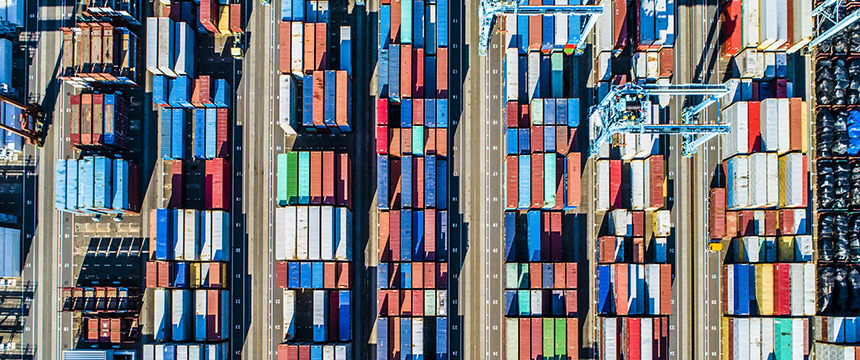
A recent Law360 article by Foley attorneys Gregory Husisian and Jenlain Scott underscores the importance of supply chain due diligence. As developed in detail here, the risks of large penalties for international regulation violations pose outsized risks for the automotive industry, where many companies source, operate or sell internationally. Also of particular concern to automotive companies is the heightened enforcement of U.S. Customs and Border Protection requirements.
For automotive and other manufacturing companies, which often rely on complex supply chains, multiple recent developments – including a seven-figure penalty on e.l.f. cosmetics for poor supply chain due diligence, as well as multiple special advisories stating US government expectations for “full-spectrum supply chain due diligence” – send a clear message: The U.S. government expects your company to be conducting due diligence, to be applying know-your-supplier — or even know-your-supplier’s-supplier — checks, and implementing compliance measures and red flags awareness across the entire supply chain.
Supply chain concerns also are of special note due to recent developments in international trade, including implementation of the USMCA and heightened focus by US Customs on under-declaration of revenue. Customs already has been carefully monitoring the proper declaration of free trade preferences, and the full payment of Section 232 and 301 duties, as well as antidumping and countervailing duties. New USMCA originating content requirements make it even harder to qualify for special low tariffs within the USMCA region. Thus, the implementation of new USMCA rules comes at the intersection of all the areas where Customs is focusing its enforcement attention, which is of particular concern to the automotive industry, as participants often use goods that fall under these duties in their Canadian, Mexican and U.S. operations.
To deal with these issues, any automotive and other manufacturing company that acts as the importer of record needs to have a strong compliance program in place, to ensure that it is discharging the responsible-care expectations of Customs. A robust compliance program should include a detailed Customs manual, standard operating procedures and consistently followed measures designed to check the accuracy of information given to the company from its suppliers.
The authors also have available two white papers that can help multinational companies deal with international trade and international regulatory issues. If you would like a copy, you can contact the authors at [email protected] (202-945-6149) or [email protected] (202-295-4001).
Note: originally published in Law360.
